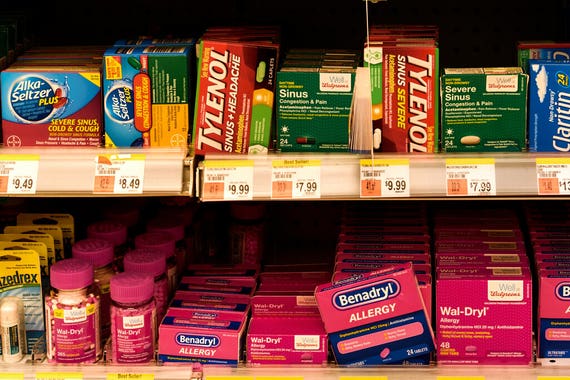A Decongestant in Cold Medicines Doesn’t Work at All, an F.D.A. Panel Says. The panel’s vote tees up a likely decision by the agency on whether to essentially ban the ingredient, phenylephrine.
The agency now must decide whether products containing the ingredient, like some Sudafed and NyQuil products, should no longer be sold or perhaps give companies lead time to substitute other ingredients.





Add comment